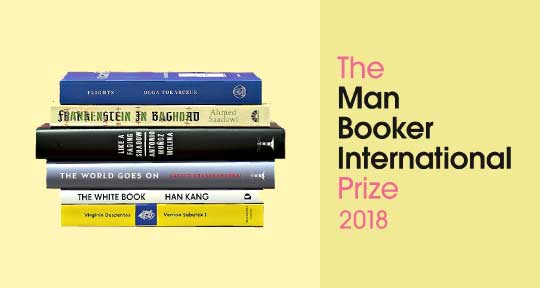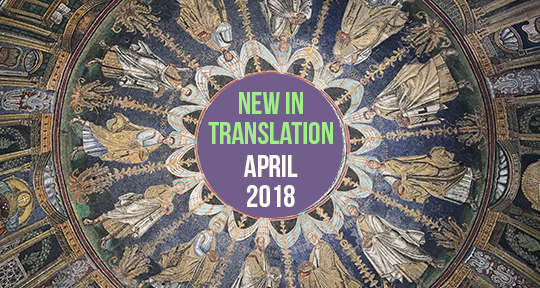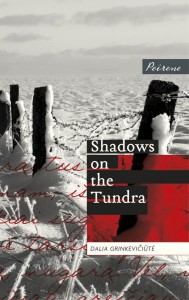“A good reader, a major reader, an active and creative reader is a re-reader,” Vladimir Nabokov reminds us in his article “Good Readers and Good Writers”. There are so many books in this world, and unless your life revolves solely around books, it might be hard to be widely read and an active re-reader. Attaining this level of perfection that Nabokov describes is impossible, but the idea of re-reading as a tool to better understanding the value of a book underpins the philosophy of the Man Booker Prize International’s judging panel since its inception.
Place: Spain
In Review: Twist by Harkaitz Cano
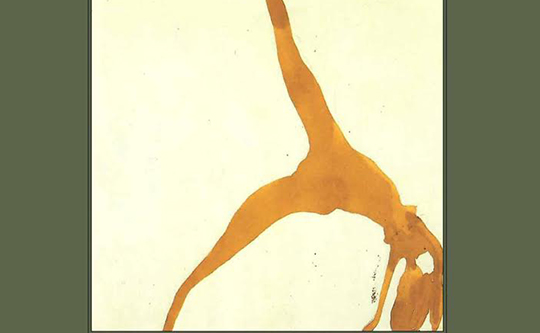
Let’s hope that translation remains not so much a means of preservation but rather the best way for one tool to sharpen another.
Harkaitz Cano’s Twist, recently released by Archipelago Books in Amaia Gabantxo’s translation from the Basque, both shimmies and shimmers on various levels, each of which exhibits its own twist. Like the famous Chubby Checker song, which was itself a cover or translation of sorts, this novel offers a new version of events that rocked the Basque world in the convulsive 1980s—a period when ETA (Euskadi Ta Askatasuna), an armed separatist group promoting the independence of the Basque nation, was not only active but also actively pursued by the GAL (Grupos Antiterroristas de Liberación), which were illegal, government-sponsored death squads dedicated to destroying ETA and its influence in the region.
Officially disarmed in 2017, ETA used as its symbol a snake enveloping an axe, with the former representing politics and the latter armed struggle. Twisted around each other to suggest their inseparability, it is also ultimately a reminder that what lies at the heart of the Basque conflict is precisely the idea of separation: there is a nation that wishes to separate itself from the Spanish state; a Basque nation already separated by the French-Spanish border; and a broad separatist movement that includes those who wish to distance themselves from forms of violence like that carried out by ETA.
On Translators in Translation: Spanish Novels About Translators Available in English Translation

The increasing need to understand the importance of translation in our globalized world manifests in works of fiction that feature a translator.
In our globalized world, translation seems to be everywhere. In subtitles, instructions, signs, menus, in meetings, and walking down the street. And recently, in fiction too. The representation of the act of translation and the task of the translator has become a recurrent topic in literature. In English, novels such as Idra Novey’s Ways to Disappear and Rachel Cantor’s Good on Paper, both from 2016 and with translator protagonists, were very well received by readers as well as critics; and the latest anthology Crossing Borders, edited by Lynne Sharon Schwartz, brings together stories on translation and translators by acclaimed writers such as Joyce Carol Oates and Lydia Davis, among others. Translation was even at the center of the Academy Award nominee film Arrival (based on Ted Chiang’s short story “Story of Your Life”) in which Golden Globe nominee Amy Adams plays a translator tasked with communicating with heptapod aliens. The increasing need to understand the importance of translation in our globalized world has manifested in a recurrence with which works of fiction feature a translator or interpreter as the main character. In Spanish, too, there have been dozens of novels with translator protagonists written in the last few decades by both mainstream and cult authors, and by both translators who write and writers who translate. With this newly found interest in translation, more and more of these novels are being translated into English. Here are five novels on translators originally written in Spanish that are available to read in English translation.
Translation Tuesday: “Surface Effects” by Francesc Serés
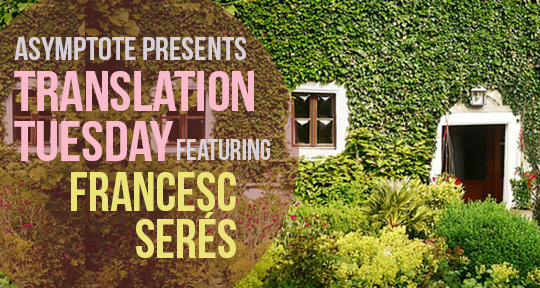
The ivy recovered. It spent two years fighting off that ochre evil until it returned to its formerly exultant state.
This week the eminent Lawrence Venuti brings us a curious story from Catalonia about a house consumed by ivy. The existence and appearance of this menacing plant dominates this rural community and the people who inhabit it.
The house came with a garden—like all the others in the promotion. It was large, three floors, and had a slate roof. Not till Cinta and Pere bought the thing did it change. Ivy began to envelop the ochre façade. They had planted it after falling out with the neighborhood. The houses were painted in a bright earth tone, an ochre that possessed a concrete reference. The only distinguishing feature was the uneven discoloration that the sun caused to the paint. At community meetings, Cinta and Pere would dig in their heels against their next door neighbors on either side and, finally, against everybody else. They (she, and he too, although not as much) wanted the ivy.
And so they planted it and installed an American mailbox, which wasn’t permitted either. That broke the perpetual peace that reigned over urbanization in the countryside. They contracted a gardening firm to fertilize the grounds and plant ivy all around the house. The ivy liked the place: it grew like a shot. From my house, just beyond the development, the ivy on the east wall seemed quite like a hand or paw clinging to it. Time passed quickly for the neighboring houses, and the hand continued to grow nonstop till its entwining tentacles reached the nearby façades.
Announcing the Winter 2018 Issue of Asymptote

Celebrate our 7th anniversary with this new issue, gathering never-before-published work from 30 countries!
We interrupt our regular programming to announce the launch of Asymptote‘s Winter 2018 issue! Here’s a tour of some of the outstanding new work from 30 different countries, which we’ve gathered under the theme of “A Different Light”:
In “Aeschylus, the Lost,” Albania’s Ismail Kadare imagines a “murky light” filtering through oiled window paper in the ancient workroom of the father of Greek tragedy. A conversation with acclaimed translator Daniel Mendelsohn reveals the “Homeric funneling” behind his latest memoir. Polish author Marta Zelwan headlines our Microfiction Special Feature, where meaning gleams through the veil of allegory. Light glows ever brighter in poet Mohammed Khaïr-Eddine’s “syntactically frenetic” “Arachnid Sun”; and in Erika Kobayashi’s fiction, nuclear devastation blazes from Hiroshima to Fukushima.
The light around us is sometimes blinding, sometimes dim, “like a dream glimpsed through a glass that’s too thick,” as Argentine writer Roberto Arlt puts it, channeling Paul to the Corinthians in The Manufacturer of Ghosts. Something dreamlike indeed shines in César Moro’s Equestrian Turtle, where “the dawn emerges from your lips,” and, as if in echo, Mexican writer Hubert Matiúwàa prophecies for his people’s children “a house made of dawn.” With Matiúwàa’s Mè’phàà and our first works from Amharic and Montenegrin, we’ve now published translations from exactly 100 languages!
We hope you enjoy reading this milestone issue as much as everyone at Asymptote enjoyed putting it together. If you want to see us carry on for years to come, consider becoming a masthead member or a sustaining member today. Spread the word far and wide!
*****
Read More News:
An Inventory of Resistance: Notes on Catalan Language Politics in Literature
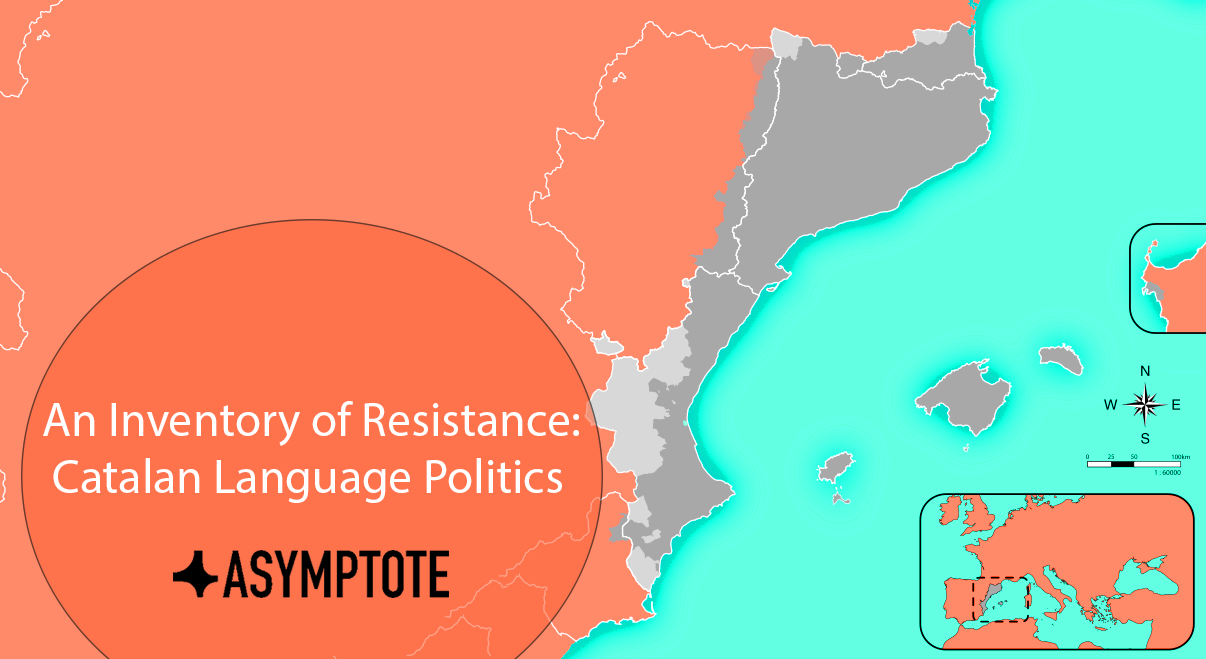
Perhaps part of the uniqueness of Catalan comes from this awareness of its influence on and disconnection from Castilian and European traditions.
Part I: The Nineteenth Century
At first, I was hesitant to write an article on the uses of the Catalan language in literature throughout recent history. After the referendum for Catalan independence held this past October 1, which was deemed illegal by the Spanish government, and the subsequent episodes of violence that occurred in the region, the topic has come to be a sensitive matter for any national. However, where there is a language, there is a literature, and the history of Catalan is one of stubborn resistance. It is my contention that the history of a language is somehow lived out in those who speak it, insofar as a sentiment of ambiguity still informs contemporary critical debates on the usefulness and adaptability of Catalan literature. “Is Catalan literature diverse enough? Can it cultivate all genres? Is it economically viable?” are questions that have resonated among critics and the public alike. Catalan literature inherits a sense of shame from its own fruition, and it is this feeling that I want to explore with this genealogy of usages.
This is not a history of Catalan literature and the texts featured here have not been selected according to an aesthetic canon. This is an archive of perceptions of Catalan language and literature as experienced throughout the nineteenth and twentieth centuries, from the literary resurgence known as La Renaixença in Catalan literary history (parallel to which political Catalan nationalism as we know it unfolds) to the relatively normalized literary field in existence today. While certainly not the only appropriate approach, in what follows I present a succession of events from the nineteenth century that Catalan historiography has employed to explain the evolution of the uses of the language.
Asymptote’s new Fall issue is replete with spectacular writing. See what our section editors have to say about the pieces closest to their hearts:
As writer-readers, we’ve all been there before. Who of us hasn’t been faced with that writer whose words have made us stay up late into the night; or start the book over as soon as we’re done; or after finally savoring that last word, weep—for all the words already written and that would never to be yours. The feeling is unmistakeable, physical. In her essay, “Animal in Outline,” Mireia Vidal-Conte describes this gut feeling after finishing El porxo de les mirades (The Porch of the Gazes) by Miquel de Palol: “What are we doing? I thought. What are we writing? What have we read, what have we failed to read, before sitting down in front of a blank sheet of paper? What does and doesn’t deserve readers?” There are the books that make you never want to stop writing, and the books that never make you want to write another word (in the best way possible, of course). Vidal-Conte reminds writers again that none of us is without context—for better or for worse. Her essay is smart, playful, honest, and a must-read from this issue.
—Ah-reum Han, Writers on Writers Editor
Close Approximations: In Conversation with Poetry Runner-Up Keith Payne

Language is local; for all our travel and world-webbed wideness, we are beasts of habit and most often stay within the same 10 square miles
Today, we continue our spotlight on the winners of Asymptote’s annual Close Approximations translation contest, now into its third edition. (Find the official results and citations by judges David Bellos and Sawako Nakayasu here.) From 215 fiction and 128 poetry submissions, these six best emerging translators were awarded 3,000 USD in prize money, in addition to publication in our Summer 2017 edition. After interviews with fiction winner Suchitra Ramachandran, fiction runners-up Brian Bergstrom and Clarissa Botsford, and poetry runner-up Sarah Timmer Harvey, today we have poetry runner-up Keith Payne in conversation with Asymptote Assistant Interviews Editor, Claire Jacobson.
Keith Payne is the Ireland Chair of Poetry Bursary Award winner 2015–2016. His collection Broken Hill (Lapwing Publications, Belfast, 2015) was followed by Six Galician Poets (Arc Publications, 2016). Forthcoming from Francis Boutle Publishers is Diary of Crosses Green, from the Galician of Martín Veiga. Keith is director of the La Malinche Readings between Ireland and Galicia and the PoemaRia International Poetry Festival, Vigo. His translation of Welcome to Sing Sing, by Galician poet Elvira Ribeiro Tobío, was a runner-up in Asymptote’s Close Approximations contest. A poet in addition to being a translator, he shares his time between Dublin and Vigo with the musician Su Garrido Pombo.
CJ: The motif of imprisonment strongly undergirds these poems, from Bob Dylan to Ethel Rosenberg and everything in between, with Rosenberg’s Sing Sing prison providing the title and backdrop for these reflections. Where does this theme come from, and what was the significance of writing (and now translating) these famous imprisoned women in verse?
Weekly Dispatches from the Frontlines of World Literature

Hot off the press—your handy guide to all the literary happenings in the UK, Spain, Argentina, and Peru!
We’re in the second half of the year and summer—or winter, depending on where you are located—is full of literary activities. From the announcement of the Man Booker Prize longlist and the release of a new book by a beloved Spanish poet to Argentinian bookselling events, Asymptote editors are telling it all!
Executive Assistant Cassie Lawrence reporting from the UK:
Two days ago, the Man Booker Prize longlist was released, comprising a list of literary heavyweights and two debut novelists. The most hyped title, perhaps—and the most expected one—is The Ministry of Utmost Happiness, Arundhati Roy’s first work of fiction in two decades. Chosen from 144 submissions, the longlist has 13 titles, often referred to as the “Man Booker Dozen.” Other authors on the longlist include Zadie Smith, Mohsin Hamid, Ali Smith and Colson Whitehead.
On Monday, July 17, the London Book Fair (LBF) recorded a webcast on “Creativity, Crafts and Careers in Literary Translation.” Three panelists—translator Frank Wynne, agent Rebecca Carter and consultant and editor Bill Swainson—joined acclaimed journalist, Rosie Goldsmith to speak on the opportunities and challenges in getting world literature translated. The webcast followed from a successful programme at LBF’s Literary Translation Centre last spring, and was funded by Arts Council England.
In other news, two-times Booker-winning publisher One World have paid a six-figure sum for a YA trilogy from US actor Jason Segel, reports The Bookseller. The first title, Otherworld, is due to be released on October 31 this year, and will center on a virtual reality game with dark consequences. Segal, known for his roles in films such as Forgetting Sarah Marshall and I Love You, Man has written the trilogy with his writing partner, Kirsten Miller. READ MORE…
Section Editors’ Highlights: Summer 2017

From an essay investigating a literary hoax to new art responding to Trump's xenophobia, our editors share their favorites from the new issue!
Asymptote’s glorious Summer issue is chockablock with gems. Some of our section editors share their highlights:
“To assert that Tove Jansson’s invention of the Moomin world may be partially rooted in ancient lore is, for this writer, to fear performing an act of sacrilege,” confesses Stephanie Sauer in her essay on renowned Finnish author-artist, Tove Jansson. This confession is the crux of Sauer’s questionings. Journey with Sauer from the moment the Moomins were conceived, to its unlikely, subversive evolution. Hold tighter still as she dives into Jansson’s personal life, her questions of war, artistry, womanhood, and sexuality, and the fearless, unconventional course she cut through history.
—Ah-reum Han, Writers on Writers Editor
This issue features excerpts from two plays that deal with aspects of “disappearance” and surveillance. In Blanca Doménech’s The Sickness of Stone, translated from the Spanish by William Gregory, we take a look at a cold, dark world where random pieces of text read from discarded books become a kind of key to unlocking society’s ills or sickness. Gregory’s eloquent, tart translation finds the humor, bite and despair in this fascinating play.
In Hanit Guli’s Orshina, translated from the Hebrew by Yaron Regev, a father must decide how he will disappear from his family’s life and what he will or will not tell them. An odd, compassionate family drama, Regev’s translation of Guli’s one-act is evocative and clear.
—Caridad Svich, Drama Editor
Juxtapositions are rife in Intan Paramaditha’s enchanting story, “Visiting a Haunted House,” translated from the Indonesian by Stephen Epstein. To me it read almost like an incantation, the words constantly looping memory upon the story’s present. As a granddaughter visits her dead grandmother’s house, she paints a pointillist picture of her grandmother’s life, whose colors soon run into her own. A broken red lipstick, a cloudy mirror, vanished smells of Gudang Garam cigarettes—the world spins, and so do familial memories, ancestral souvenirs, and time.
The granddaughter is an eternal migrant, “dashing around in bus terminals and airports with a backpack.” She remembers how her grandmother had always wanted to go abroad but contented herself with the thrill of riding a minibus to market while dressed in a flowery cotton dress. The story is ostensibly a simple tale of returning to an ancestral home. But the narrator’s voice soon bifurcates like a snake’s tongue, each sentence describing the grandmother and the granddaughter both. When speaking of a kuntilanak, “a woman no longer here, in our world, but not ‘over there’ either,” is she describing the ghost, or herself?

